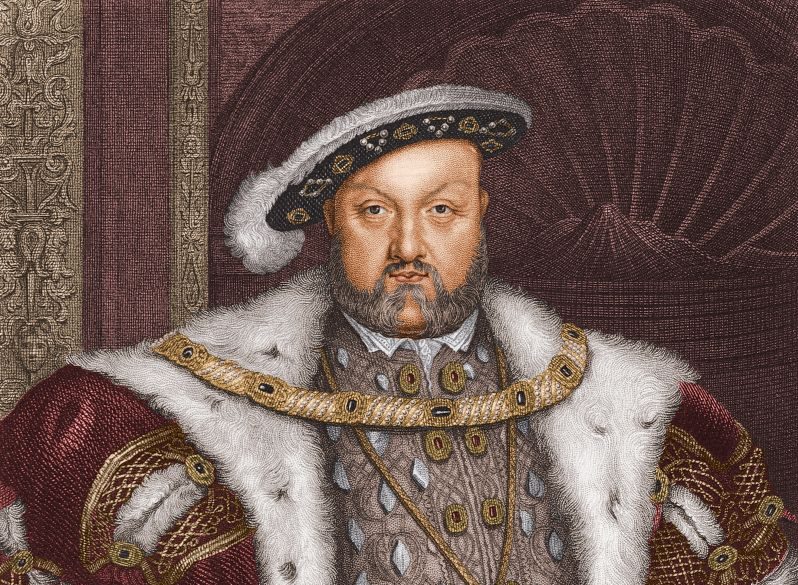Well, what did Prince Harry expect? The Duke of Sussex has been involved in plenty of hubristic and pointless things since he decided to step down as a member of the royal family in 2020. But taking the government to court on the grounds that they were refusing to provide security to the levels that he and his family would expect, was perhaps his most pig-headed and idiotic publicity blunder.
Harry has made his living over the past few years as a professional martyr
Today’s verdict by Sir Geoffrey Vos, Master of the Rolls and Head of Civil Justice in Great Britain, that Harry is not entitled to appeal against the level of police protection that he receives when he is present in his former home country, represents a final and, one hopes, definitive humiliation in this particular matter.
Sir Geoffrey was not unkind to Harry. Acknowledging the obvious fear that the Duke has for his family’s safety from various terror groups – something arguably exacerbated by his decision to write about the number of enemy fighters he killed in his 2023 memoir, Spare – he noted that Harry’s recent court evidence, which was largely held behind closed doors, was ‘powerful and moving’. But there is a great deal of difference between the emotive belief that, as the estranged second son of the king, Harry should be automatically entitled to special treatment, and legal process conducted via Ravec, the Executive Committee for the Protection of Royalty and Public Figures. As a result, Sir Geoffrey said: ‘I could not say that the Duke’s sense of grievance translated into a legal argument for the challenge to Ravec’s decision’. The case was dismissed by the Court of Appeal. That, under any normal circumstances, would be that.
Of course, this decision seems unlikely to be the end of the matter. Harry has made his living and reputation over the past few years as a professional martyr. He makes Morrissey look positively ebullient and life-loving. No doubt there will be yet another attempt to appeal to the Supreme Court. This will require more expensive lawyers, more forensic examination of documents that will be dog-eared from the countless other times that they’ve been pored over, and yet more plaintive, angry statements by the duke about how unfairly he has been treated and how he has been discriminated against.
To which the obvious rejoinder is that it was Harry who took the decision to stage a quasi-abdication from the royal family five years ago. It was Harry who decided to publish an indiscreet and damaging memoir. And it is Harry who must reap the consequences for his actions.
Today’s verdict was not a surprise. No doubt Harry might fulminate that it is the workings of the Establishment against him – conveniently forgetting that, up until a few years ago, he was at the very pinnacle of that Establishment himself. But the case, as Sir Geoffrey was at pains to describe it, is a relatively straightforward one.
Harry’s decision to quit the Firm and the country alike has been hugely lucrative. It has enabled him to lead a life in California devoid of the tiresome responsibilities that the rest of his family are faced with. Yet like a spoilt child, he still wishes to retain the privileges and freedoms that he enjoyed previously. Enhanced security has become the totemic representation of this.
Few people would particularly care either way about the level of protection that the duke and his family enjoy, were it not for the commensurate cost of taxpayers’ money involved. (Harry has reportedly offered to pay the cost for the police himself, thereby raising the question of whether the Metropolitan Police are available for private hire, like rather better armed Uber drivers.) Yet it’s the principle of this petulant, angry man repeatedly refusing to accept that he has forfeited his rights that will annoy the vast majority of dispassionate observers.
Today’s verdict represents a further and, we can only hope, final dismissal of a case that should never have been allowed to waste so much time in the first place. If Prince Harry decides that he no longer wishes to return to Britain, then that is the price we must all pay.







Comments